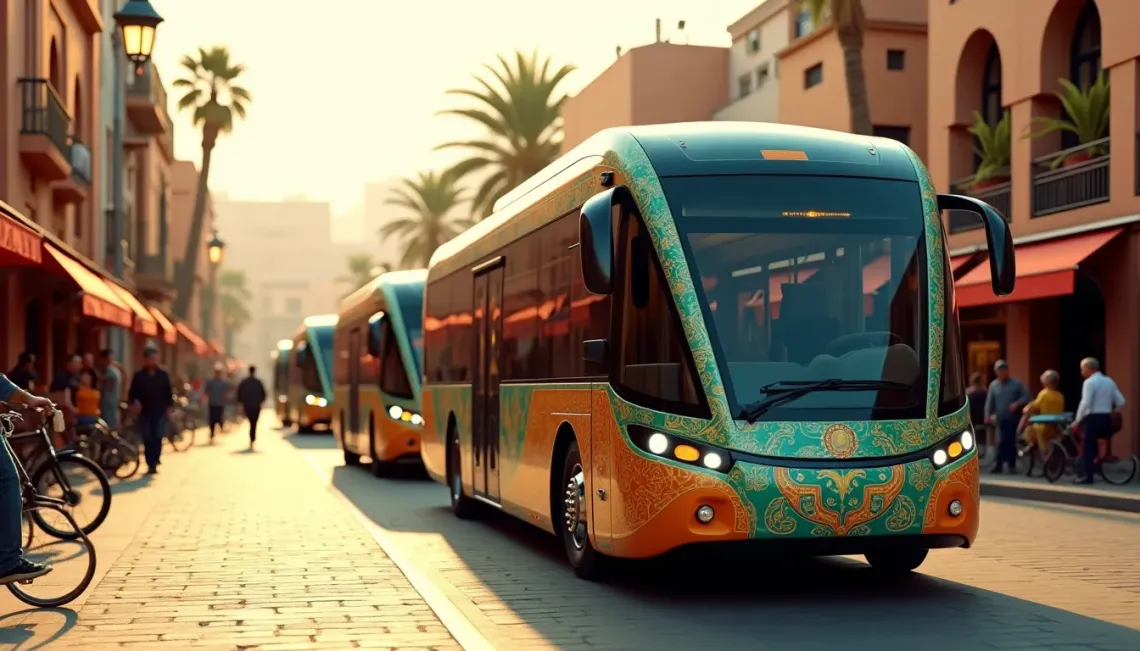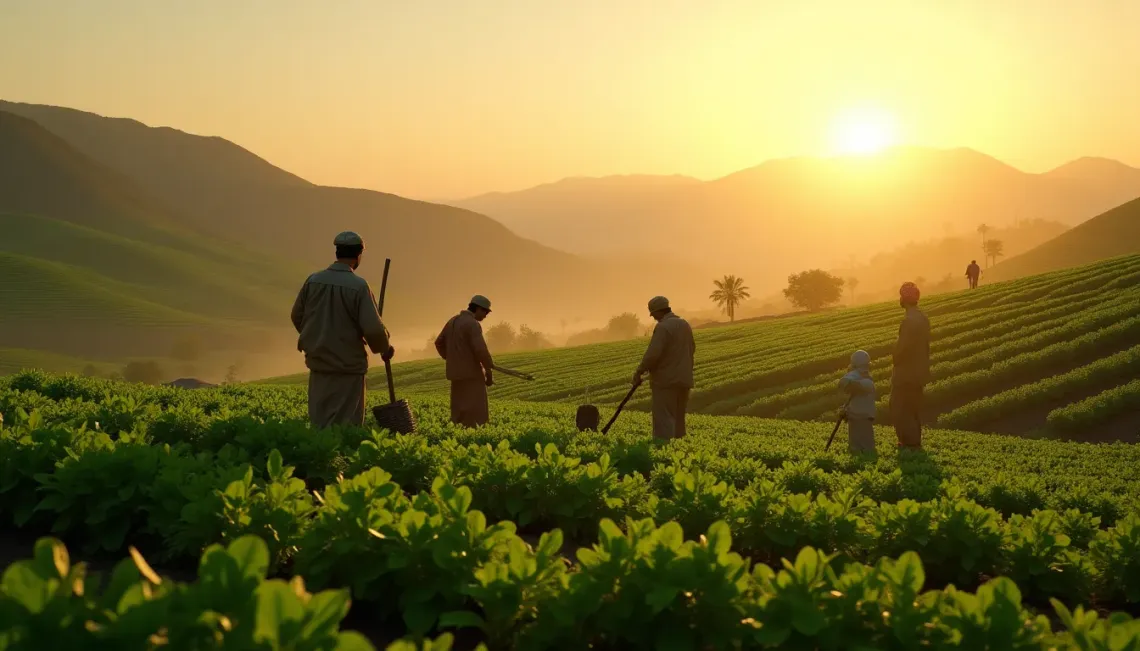Understanding Permaculture
Permaculture is a holistic approach to sustainable agriculture that aims to work with nature rather than against it. By applying principles of ecology and sustainability, permaculture seeks to create self-sufficient, resilient systems that benefit both the environment and communities. This method is particularly relevant in transforming Moroccan landscapes and livelihoods, where agricultural challenges often intersect with issues of environmental conservation.
The Importance of Permaculture in Moroccan Landscapes
Moroccan landscapes are incredibly diverse, ranging from the lush coastal plains to the arid Saharan dunes. Sustainable agriculture practices such as permaculture offer a promising solution to adapting to these varying environments. By focusing on the integration of water conservation, soil fertility, and biodiversity, permaculture systems can enhance local ecosystems while significantly improving agricultural productivity.
Key Practices in Permaculture
- Water Management: Techniques such as swales and rainwater harvesting help capture and manage water resources efficiently.
- Soil Restoration: Methods like composting and mulching bolster soil health, ensuring long-term fertility.
- Agroforestry: The integration of trees into agricultural practices enhances biodiversity and provides additional resources such as fruits and nuts.
These strategies are vital for mitigating the effects of climate change and preserving the ecological health of Moroccan landscapes.
Permaculture's Impact on Livelihood Transformation
The application of permaculture in Morocco goes beyond environmental conservation; it plays a pivotal role in transforming livelihoods. Small-scale farmers, who form the backbone of the nation's agricultural sector, are increasingly adopting these methods. By doing so, they gain numerous benefits:
- Increased Crop Yields: Diversified plantings and improved soil health lead to higher productivity.
- Economic Resilience: Reduced reliance on external inputs such as fertilizers and pesticides lowers costs.
- Community Development: Knowledge-sharing initiatives foster collaboration and empower local communities.
The integration of permaculture principles not only supports economic growth but also enhances food security, thereby contributing to the overall welfare of rural populations.
Challenges and Opportunities
While the potential benefits are significant, implementing permaculture in Morocco is not without challenges. Factors such as limited access to resources, resistance to change, and the need for education and training can hinder adoption. However, these challenges provide opportunities to foster innovation and resilience within communities. Educational programs and partnerships between local and international organizations are paving the way for broader acceptance and implementation of sustainable agriculture practices.
By promoting permaculture, Morocco is setting a precedent for the rest of the region, emphasizing that sustainable agriculture is not only necessary but also achievable. As permaculture continues to transform Moroccan landscapes and livelihoods, it offers a beacon of hope for environmental conservation and economic development alike.
For further reading on topics related to permaculture and sustainable agriculture, explore articles about integrated pest management and renewable energy in agriculture, which provide additional insights into innovative agricultural practices that complement permaculture principles.




